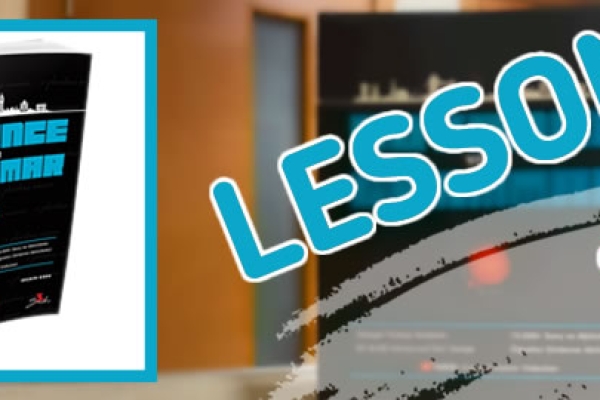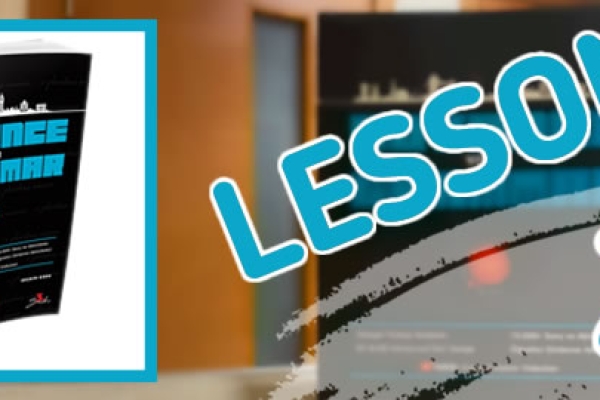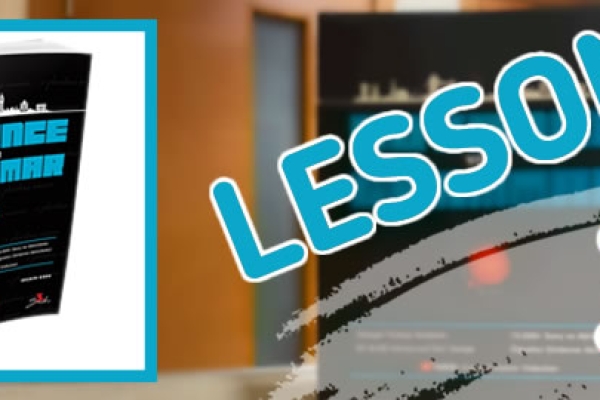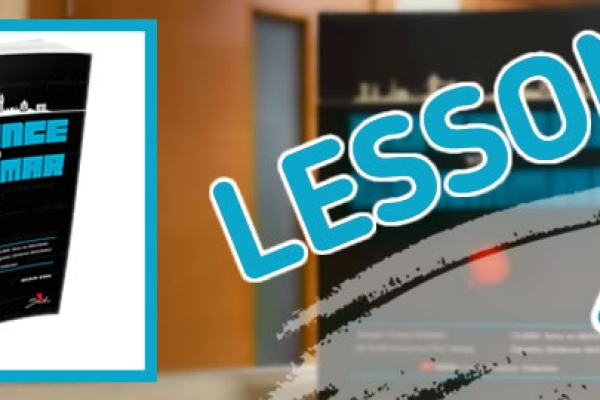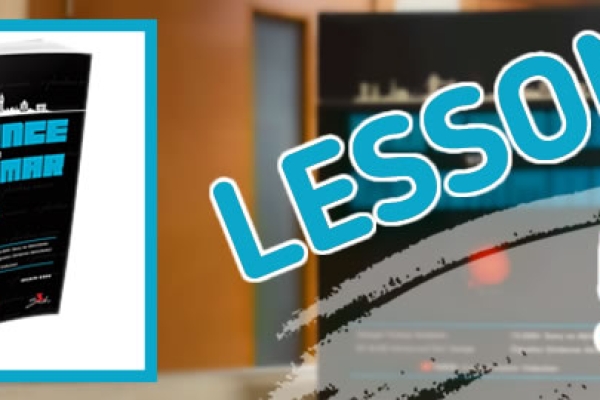Summary Comparison: Conditionals Part 3 - Common Conditional Phrases
In English, conditionals are used to express actions or events that depend on certain conditions. They often use phrases like as long as, provide, suppose, on condition, unless, in case, otherwise, and it wasn’t/weren’t to create different conditional meanings. These phrases typically imply that something will happen if certain conditions are met, or if something does not occur.
Let's explore how each of these phrases functions in conditional sentences and when inversion or special structures may apply.
1. As/So Long As
This phrase is used to express a condition that must be met for something else to happen. It's similar to "if" and indicates that the situation is true only as long as the condition is met.
Example:
-
As long as you study hard, you'll pass the exam.
-
So long as the weather is good, we can go hiking.
Explanation: These phrases introduce a condition and are followed by a present tense verb. They imply that the second event will happen if the condition is true.
2. Provide/Provided
"Provide" or "provided" can be used to introduce a condition that must be met for the main clause to happen. This is often used in formal contexts.
Example:
-
You can go to the party provided you finish your homework.
-
I’ll help you provided you agree to my terms.
Explanation: "Provided" introduces a condition and works similarly to "if," though it is more formal. The main clause happens only if the condition is satisfied.
3. Suppose/Supposing
Suppose or supposing introduces a hypothetical condition or assumption. It’s similar to "what if," where a situation is imagined to see what would happen.
Example:
-
Suppose you win the lottery, what will you do with the money?
-
Supposing it rains tomorrow, what will we do?
Explanation: These phrases introduce a hypothetical condition or situation, often followed by a question about what would happen in that case.
4. On Condition (That)
This phrase is used to introduce a condition that must be met. It's similar to "provided that" and is often used in formal contexts.
Example:
-
He will give you the money on condition that you pay him back tomorrow.
-
I’ll accept the job offer on condition that I get a higher salary.
Explanation: The phrase introduces a formal condition. The main clause is true only if the condition is met.
5. Unless
"Unless" is used to introduce a condition that would prevent something from happening. It is often used in a negative sense.
Example:
-
I won't go to the party unless you come with me.
-
You can't leave unless the teacher says so.
Explanation: "Unless" works as a conditional phrase meaning "if not." It introduces a condition where something will not happen unless the action in the clause occurs.
6. In Case
The phrase in case refers to preparing for something that may or may not happen. It introduces a condition for a potential future event.
Example:
-
Take an umbrella in case it rains.
-
Bring your passport in case you need it.
Explanation: The phrase implies a precaution for a possible event. It suggests preparing for an eventuality that may or may not happen.
7. Otherwise
"Otherwise" is used to show the result if the condition in the first part is not met. It is often used to show a negative consequence.
Example:
-
Finish your homework, otherwise you can’t go out.
-
You need to be at work on time, otherwise you’ll lose your job.
Explanation: "Otherwise" shows the negative consequence of not meeting a specific condition, usually followed by a negative result.
8. It Wasn’t/Weren’t
The phrase it wasn’t/weren’t is used in conditional sentences to indicate that something would not have happened under a different set of conditions.
Example:
-
If it weren’t for the rain, we would have gone hiking.
-
If it wasn’t for your help, I would have failed the exam.
Explanation: This structure refers to hypothetical or unreal situations in the past. It shows what would have happened if the condition had been different.
General Conditional Structure with Phrases
-
As long as / So long as = If the condition is met, the main event happens.
-
Provide/Provided = A formal way to express a condition.
-
Suppose/Supposing = Introducing a hypothetical situation.
-
On Condition (That) = A formal way of introducing a condition that must be fulfilled.
-
Unless = A negative condition (if not).
-
In Case = Preparing for a potential event.
-
Otherwise = A negative consequence if the condition isn’t met.
-
It wasn’t/weren’t = Hypothetical condition in the past.



